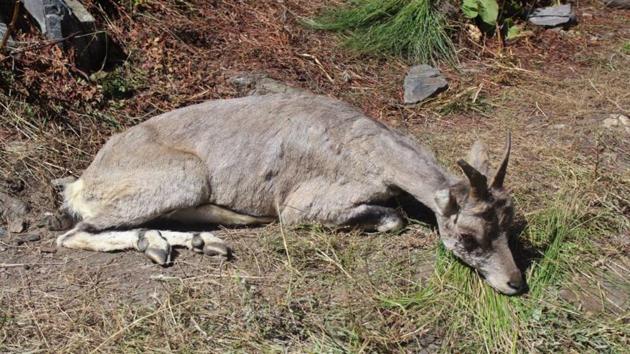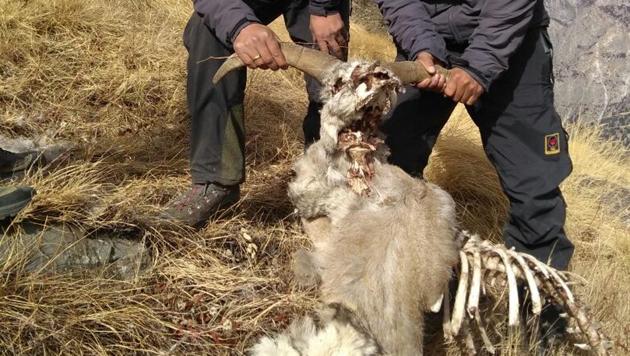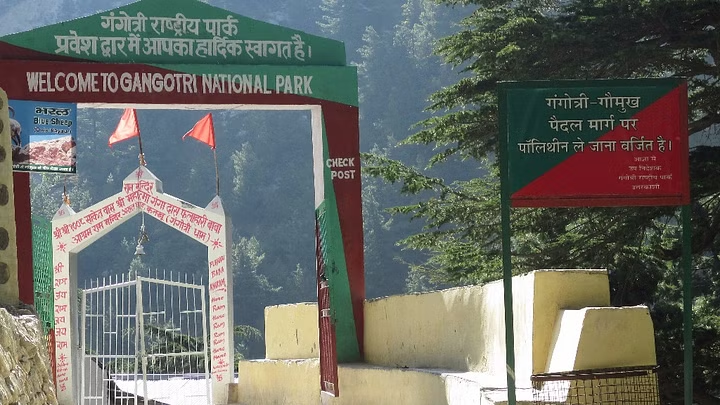NEW DELHI, 9 Jan: The union government has told the Supreme Court that the core or critical tiger habitat areas of national parks and wildlife sanctuaries have to be kept “inviolate” for the purpose of tiger conservation and the provisions of the Wildlife (Protection) Act, 1972 categorically highlights this point.
The government said this in an affidavit filed in the apex court on a plea over the decision of the Jim Corbett National Park allowing buses of a private operator to ply within the core area of the tiger reserve in Uttarakhand.
The matter came up for hearing on Monday before a bench of Justices SK Kaul and AS Oka.
The counsel appearing for Uttarakhand told the bench that the state would like to place on record its counter affidavit in the matter.
While posting the matter for hearing after six weeks, the top court said its 18 February, 2021 order staying the implementation of the 23 December, 2020 office letter issued by the director of the Jim Corbett National Park will continue.
Advocate Gaurav Kumar Bansal, who has filed the petition, had earlier told the apex court that the decision of the Jim Corbett National Park was in violation of the Wildlife (Protection) Act.
In its counter affidavit filed in the apex court, the Centre has said the National Tiger Conservation Authority (NTCA) is a statutory body under the environment, forest & climate change ministry, and was constituted for strengthening tiger conservation.
“It is most humbly submitted that section 38 V (4) (i) of the Wildlife (Protection) Act, 1972 categorically highlights the fact that the core or critical tiger habitat areas of national parks and wildlife sanctuaries have to be kept as inviolate for the purposes of tiger conservation,” the affidavit, filed in September last year, said.
It said that, as per the provision of the 1972 Act, only certain persons are allowed to enter a national park without a permit granted under Section 28 of the Act.
“This includes a person passing through the national park along a public highway. If the route is not a public highway, then a permit is required to be granted by the chief wildlife warden under Section 28 for a person to use the route,” it said.
“The purposes for which such permission may be granted under Section 28 are limited. They include ‘tourism’ but do not include simple transit through the national park,” the affidavit said.
It said that, as per Section 35 (6) of the 1972 Act, no person shall destroy or damage or divert the habitat of any wild animal in a national park, except in accordance with a permit granted by the chief wildlife warden, which may be granted only after consultation with the National Board for Wildlife (NBWL).
The affidavit said that, as per the results of the fourth cycle of the All India Tiger Estimation, 2018, the Corbett Tiger Reserve has the largest tiger population in any single protected area in the world.
It said a provision of the 1972 Act says it shall be the function of the NTCA to ensure that tiger reserves and areas linking one protected area or tiger reserve with another protected area or tiger reserve are not diverted for ecologically unsustainable uses, except in public interest and with the approval of the NBWL and on the advice of the NTCA.
During the hearing, Bansal told the bench that the NTCA had issued a letter to the Uttarakhand government on the issue but the state has not yet responded.
The apex court had earlier issued notice and sought responses from the Centre, the state of Uttarakhand, the NTCA and others to the plea.
The petitioner has alleged that forest officials of the state, in order to provide wrongful gain to a private sector company, have allowed it to ply its buses within the core area of the tiger reserve.
“It is respectfully submitted that director, Corbett Tiger Reserve, vide its Office Order dated 23 December, 2020 has allowed buses of a private sector company to ply within the core area of Corbett Tiger Reserve, Uttarakhand,” his plea said.
“It is respectfully submitted that Section 38 (0) of the Wildlife Protection Act, 1972 provides that tiger reserves shall not be diverted for ecologically unsustainable uses, and in case it is required, then it is mandatory for the state of Uttarakhand and its forest department officials to do the same only after taking approval from the NBWL and on the advice of NTCA,” it said.
The petitioner has claimed that the forest officials have neither taken the approval from the NBWL, nor any advice from the NTCA. He has sought quashing of the order of director of the national park. (PTI)




